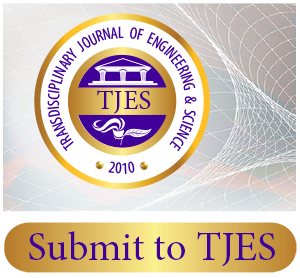Transdisciplinary Approaches in the Development of Novel Therapies for the Treatment of Fibrotic Diseases
Abstract
Fibrotic disorders represent a major health problem in the United States, contributing to nearly 45% of deaths each year. Further, the incidence of fibrotic disease continues to rise. Despite numerous drug candidates that have advanced to clinical trials, there have been numerous clinical trial failures and treatment options for fibrotic disorders remain limited. It has become critical to re-evaluate the current paradigm by which treatment options have been developed. Although fibrotic disease predominately affects the elderly population, age-associated pathological mechanisms have not been targeted in the development of treatments for fibrotic disease. Nox4 is a well-validated target for fibrotic disease, and aberrant regulation of Nox4 in aging is associated with pathological fibrosis. Through transdisciplinary approaches, we have identified the first selective and effective small-molecule inhibitors targeting Nox4, which are currently in pre-clinical development as a novel therapeutic for age-associated pathological fibrosis.


